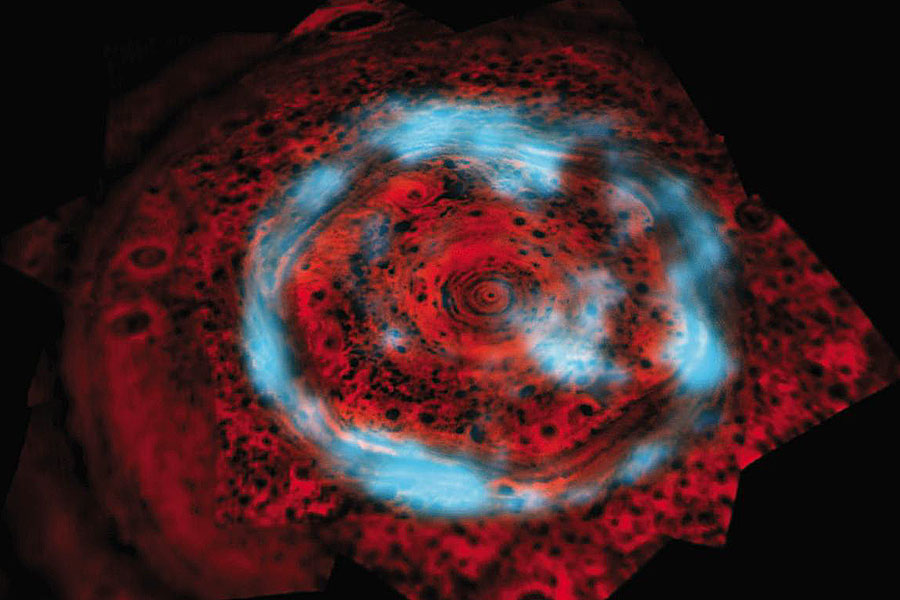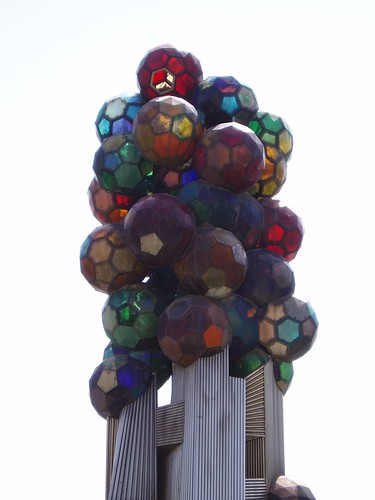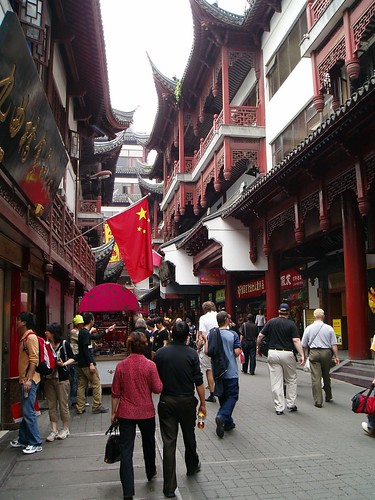This makes more sense if you have read (1)
As he steps inside I reach into the sideboard in the hallway and quickly draw out a small pistol. When I first retired there were many people who came. I refused to see most of them, and cultivated the sense of slow, crumbling, old age that is very much evident to anyone passing by the house. The visitors stopped but there are still protocols in place for access when needed. And there are still those who would seek to steal my secrets. The more impressive of my enemies are long gone, but England still has them, even after the terrible war that tore all of Europe apart.
I turn to the inspector, keeping the gun pressed tight against my side so that it cannot quite be seen but ready to be used if required.
I stop in my tracks, playing the absent-minded old fool.
“I am sorry inspector. But I was wondering if you had some form of proof of your, ah, sincerity?”
“My chief said I should tell you that Matilda Briggs has arrived from Sumatra.”
I smile and move the gun into my pocket as I turn aside and into the kitchen. The kettle is still warm from my breakfast and heats quickly. The inspector seems at a loss for what to say next, to bring the matter up. I decide to let him wait. He has ruined my morning and I am old enough to be self-indulgent in such matters.
After pouring the hot water into the pot I fill the kettle up to the top and put it back onto the stove.
“Do you take milk?” I ask. I already know the answer but I prefer the burden of infallibility to be placed upon my creation rather than myself. Few people have ever really questioned how it is that the device can know what it knows, or the complexity of the processes I had to develop and program in order to create that ability.
“Yes, please.” The inspector replies, looking cautiously around the room, looking at the jars of honey that cover the table. I pour him a cup of pale tea and add plenty of milk to cool it down.
“We should get started and then perhaps you can explain a little more of why you have come. Please grab that coal and bring it with you.” I point an indicate the dirty, rusted scuttle on the floor behind him. He grabs it with a sense of distaste after taking a quick gulp of his tea.
I draw the key which I always keep in my pocket and unlock the door to the cellar. I strike a match and light the small oil lamp I keep on the shelf just inside the doorway. Collecting the steaming kettle and the lamp I step carefully down, each wooden step is worn to a dirty grey, illuminated only by the lamp and small shafts of light from the small, dirty windows high in the cellar's walls.
In the middle of the room are dark folds of canvas, oiled and carefully wrapped to protect what sits underneath it. I put the lamp down, carefully, and gesture at the inspector to put the coal down near the foot of the stairs.
“I'll need your help to get this cover off. And the windows will need to be opened.”
The inspector moves to crack the windows ajar while I untie the knots carefully mapping the shape of the object underneath. He helps next by pulling the canvas with the practised movements of a solider as I offer little tugs to help it over. Finally falls away to reveal, in a dazzle of reflected points of light, the chrome and brass construct underneath. Above a couple of metallic, polished barrels with tubing and grates is the head, a crudely stamped and riveted face in a mocking frieze of younger arrogance and intellectualism.
“My God.” The inspector mutters. “It's real.”
“Inspector,” I say, “meet HOLMS.”
He stands, awestruck in the manner of most when they meet one of their childhood heroes. Of course, the true nature of our service to the country was always kept secret but I have noticed amongst my visitors and even greater sense of amazement when they finally meet the construct. It amuses me that they do not feel the same way towards me, its creator. My cover, in a sense, is that much more solid.
“The coal, please, Inspector. It will take a while to steam him up and we need to get started.”
I crouch down to open the grating at the construct's base. My hand runs down its side, leaving a faint smear of sweat, and I confess that it feels good to be working on it again. I have ignored it for several months and, as when you meet an old friend unexpectedly on the street, my earlier apprehension is replaced with a quiet joy.
The inspector steps up behind me and I turn to accept the coal for loading. The look on his face tells me something is wrong and I reach for my gun. I am too old and slow. His hand quickly reaches up and down with a force that knocks me sideways. Black and red spots fill my vision as the inspector, a fraud, grabs my face and knocks my head against the floor. I pass out to the smell of lavender.



